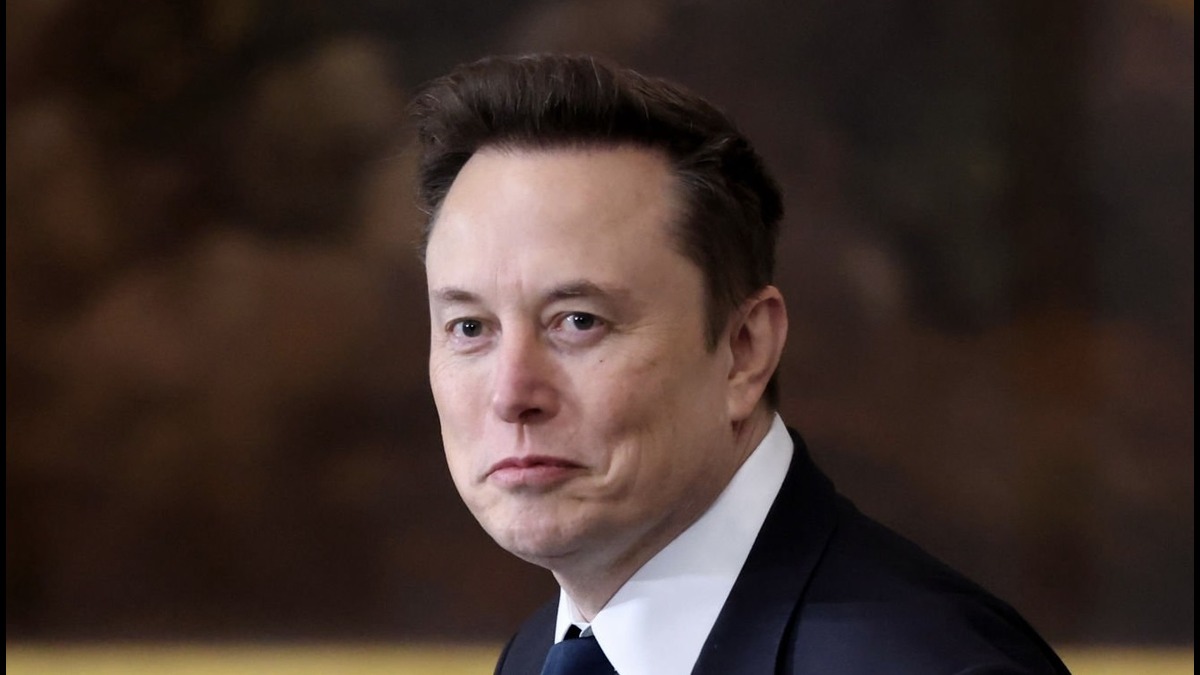In a significant development within the artificial intelligence (AI) sector, Elon Musk, the CEO of Tesla and SpaceX, has made an unsolicited $97.4 billion bid to acquire OpenAI, the renowned AI research organization he co-founded in 2015. This move has sparked extensive discussions about the future direction of AI research, corporate governance, and the ethical implications of such a consolidation.
Background of the Bid
According to NYPOST: On February 10, 2025, Musk, leading a consortium of investors, submitted a formal offer to purchase OpenAI. The proposal aimed to revert OpenAI’s transition from its original non-profit status to a for-profit model, a shift that Musk has publicly criticized. He contends that this change deviates from OpenAI foundational mission to ensure that artificial general intelligence (AGI) benefits all of humanity. Musk’s consortium includes notable investment firms such as 8VC and Valor Equity Partners, and there are indications that his AI venture, xAI, could potentially merge with OpenAI if the acquisition were successful.
OpenAI Response
According to WSJ: The board of directors at OpenAI swiftly and unanimously rejected Musk’s acquisition proposal. In an official statement, the board emphasized that the offer was not aligned with OpenAI mission and reiterated that the organization is not for sale. Bret Taylor, the chairman of OpenAI board, described Musk’s bid as an attempt to disrupt the company’s operations. This decisive response underscores OpenAI commitment to maintaining its autonomy and continuing its work in developing AI technologies that serve the broader interests of society.
Legal and Strategic Implications
According to Reuters: Musk acquisition attempt is not an isolated incident but part of a broader legal and strategic confrontation with OpenAI. He has previously filed lawsuits against the organization, alleging that its shift towards a for-profit structure prioritizes financial gains over its original altruistic objectives. These legal actions also extend to OpenAI significant backer, Microsoft, accusing them of influencing OpenAI direction for commercial benefits. Despite these challenges, OpenAI remains steadfast in its decision to restructure as a public benefit corporation, a move designed to balance profit motives with societal impact.
Reactions from Key Stakeholders
According to NYPost: The public exchange between Musk and OpenAI CEO, Sam Altman, has been notably contentious. Following the rejection of the bid, Altman humorously suggested purchasing Twitter from Musk for $9.74 billion, to which Musk retorted by labeling Altman a “swindler.” This interaction highlights the strained relationship between the two tech leaders and reflects deeper strategic disagreements that have persisted since their collaboration began in 2015.
Implications for the AI Industry
This high-profile dispute brings to the forefront critical discussions about the governance of AI research organizations and the ethical considerations surrounding AI development. Musk advocacy for open-source AI and concerns about profit-driven motives influencing AI research contrast sharply with OpenAI current trajectory. The outcome of this conflict could set significant precedents for how AI entities balance innovation, ethical responsibilities, and financial sustainability.
Conclusion
Elon Musk $97.4 billion bid to acquire OpenAI has ignited a multifaceted debate encompassing corporate control, ethical AI development, and the future landscape of artificial intelligence research. As both parties navigate this complex situation, the resolutions reached will likely have profound and lasting impacts on the AI industry and its role in society.
